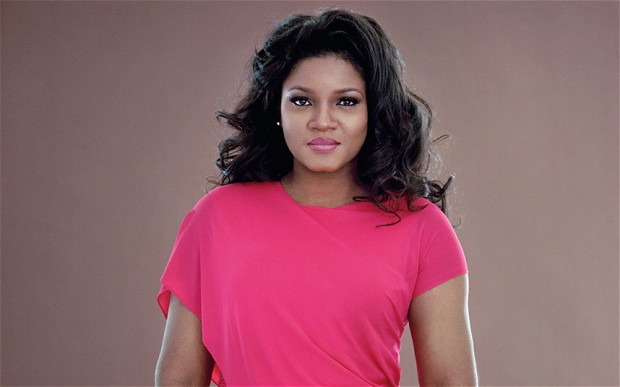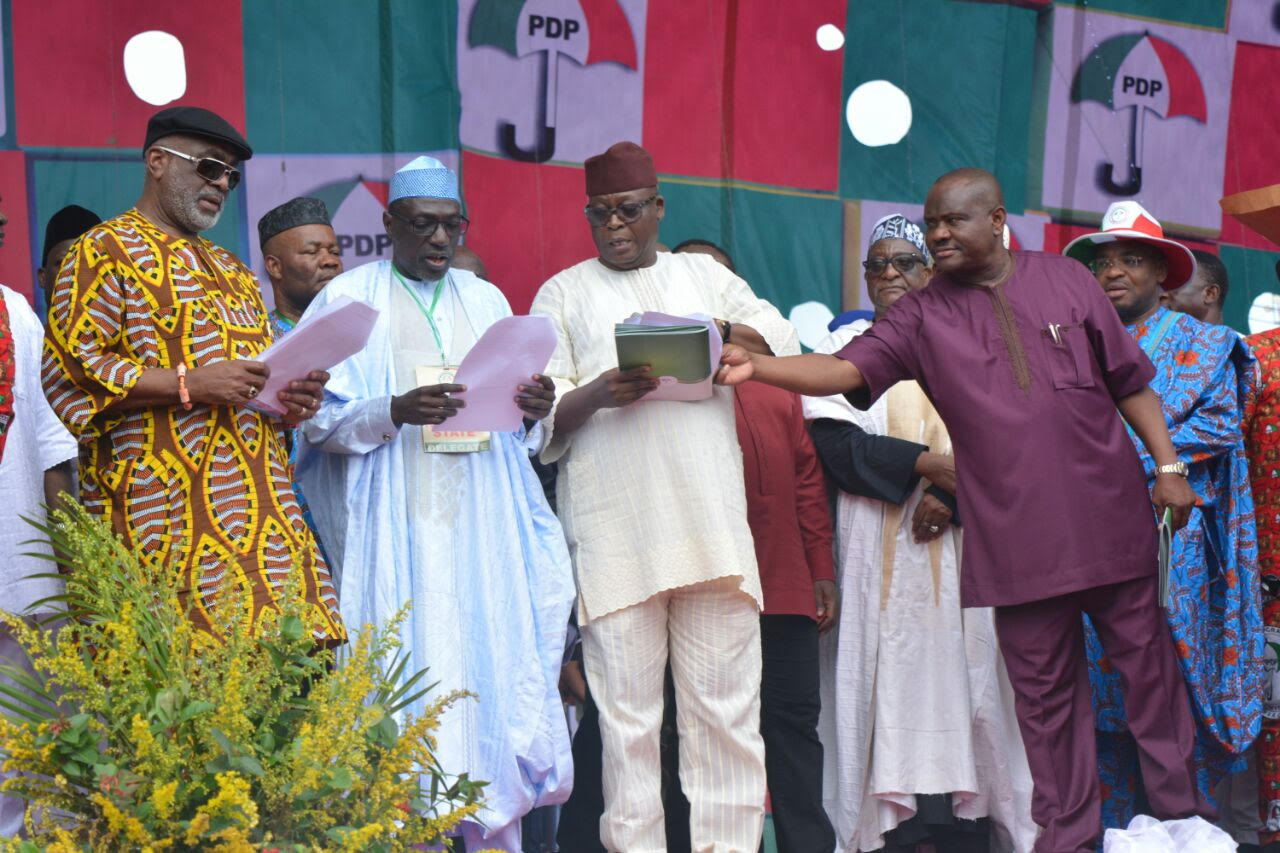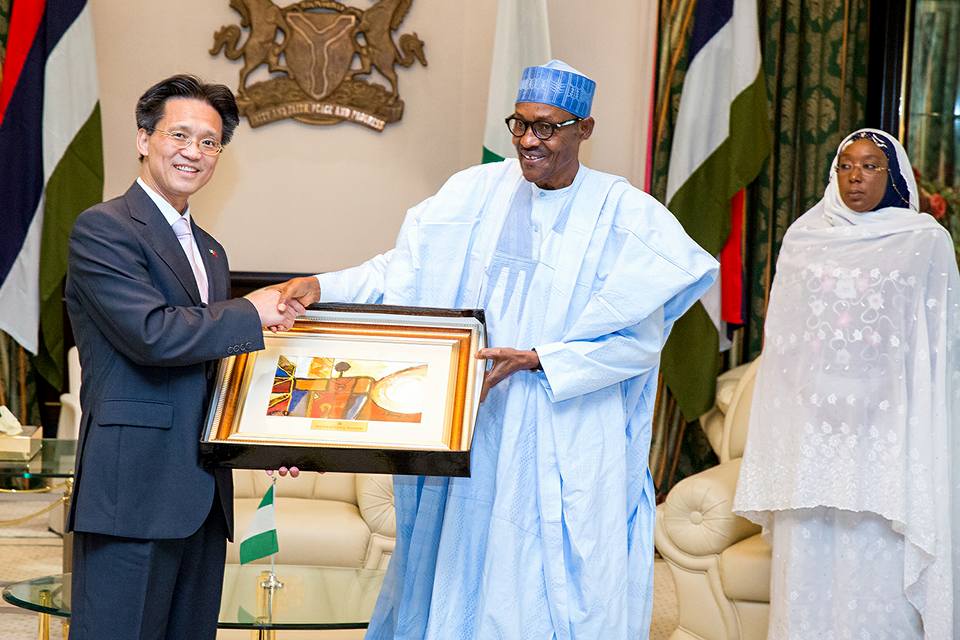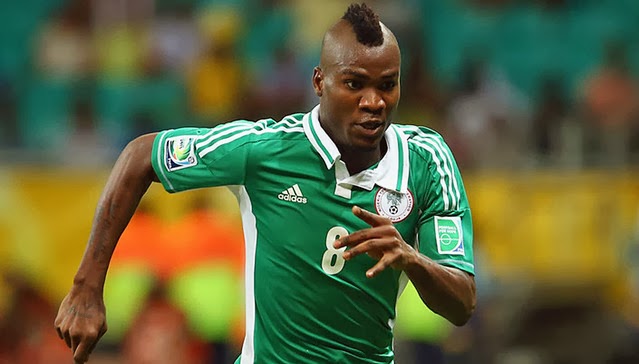The International Monetary Fund (IMF) corroborates the hitherto unconfirmed stance, that the Nigerian film industry, better known as Nollywood, is the second biggest employer in Nigeria.
The IMF, in its Finance and Development magazine titled “Africa growth’s ups and downs”, says Nollywood employs over one million people in the country.
“After decades of slow growth, Nollywood, one of the largest film industries in the world in terms of number of films produced, is a story of runaway success,” the IMF.
“The industry currently accounts for N853.9 billion ($7.2 billion), or 1.42 percent of Nigeria’s GDP. It employs more than a million people directly or indirectly. It is being touted as the country’s second-biggest source of jobs after agriculture.
Advertisement
“Based on the sheer quantity and quality of films being made, economic observers consider Nollywood one of the major planks on which to diversify the Nigerian economy.”
According to Roberts Orya, former CEO of the Nigerian Export-Import Bank, a development bank owned by the federal government, Nollywood generates at least $590 million annually.
The magazine posits that Omotola Jalade-Ekeinde, leading Nollywood actress with over 300 movies, is proof of the industry’s dynamism.
Advertisement
“She was named one of the 100 most influential people by TIME magazine in 2013, alongside Michelle Obama and Beyoncé. She has more than 1 million likes on her Facebook page.
“She is a United Nations World Food Programme ambassador and an Amnesty International activist.”
Quoting a PricewaterhouseCoopers report, IMF said “Nigeria’s entertainment and media revenue could more than double, to an estimated $8.5 billion (N1.7 trillion) in 2018, from $4 billion in 2013, with the Internet a key driver”.
The magazine argues that Nollywood, made a dramatic leap in 1992 with the release of the thriller Living in Bondage, a film written by Kenneth Nnebue and Okechukwu Ogunjiofor.
Advertisement
The film is said to have followed years of hard work by pioneering filmmakers such as Hubert Ogunde, Jab Adu, Ola Balogun, Moses Olaiya (Baba Sala), and Eddie Ugboma.
Add a comment







